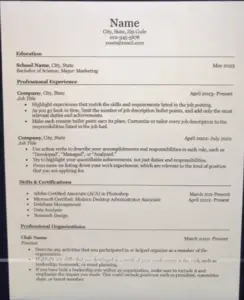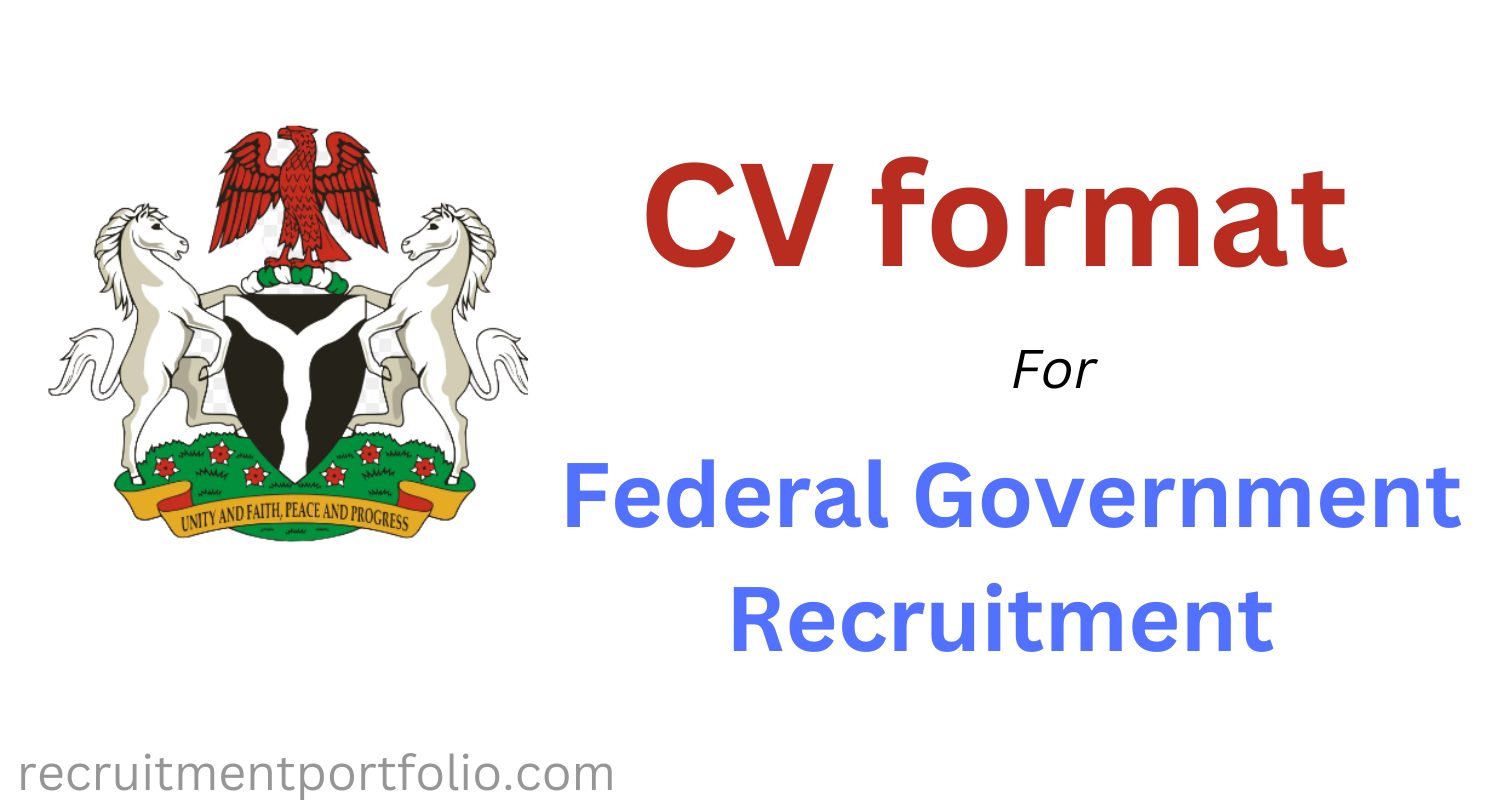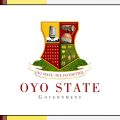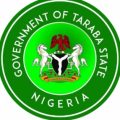
How to Write a Resume for a Job Application
How to Write a Resume for a Job Application
How to Write a Resume for Job Application: Most people especially graduates still find it difficult to write an effective resume. Some still find it difficult to differentiate between a resume and a CV.
In this article, you will learn what a resume is, what it is used for, the difference between a resume and a CV, the proper way to write a resume and a FREE resume template.
Read Also
- Fresh Graduate Curriculum Vitae (CV) Format in Nigeria
- CV Format for Federal Government Recruitment in Nigeria
What is a Resume?
A resume is a short representation of one’s skills and qualifications for a particular position he/she is applying for. A resume is more like a summary of your personal, professional, and educational qualifications and experience.
Each resume you write is peculiar to the job you are applying for. That means, it may not be possible to use one resume and apply to different jobs. You have to tailor each resume to the jobs you are applying for. A resume is contained in 1-2 pages.
You Can Also Check Out:
How to write a Cover letter that Impresses
5 Skills that Employers Want on Your Resume
Learn how to write a Resignation Letter (free template)
How to Write Application Letter for Teaching Job in Nigeria
Difference Between a Resume and a CV
Below are the differences between a resume and a CV that you must know:
- While you can use one properly written CV for different applications, you cannot do that with a resume. This is because a resume is tailored to the particular job you are applying. Unless the jobs are similar, you will have to rewrite each resume to suit the needs of the job.
- The length of a CV is longer than that of a resume. A resume may be contained in just one or two pages, while the pages of a CV are relatively longer than that.
- A CV contains the full history of your academic credentials while a resume is a summary of your qualifications and skills for a particular position.
- A resume is used specifically to hunt jobs in various industries while a CV is used for jobs and admissions in Academia, scientific research and medical fields.
- A CV is a comprehensive overview of all your educational qualifications and experience while a resume is tailored to the specific job.

The Proper Way to Write a Resume
You need to follow this order to properly write a resume:
Short Personal Details: At the top centre of the page, boldly written should be your name, address, phone number, and email address only.
Educational Summary: Here, you just need to do a headline summary of your school name, the city/state it is located, the degree you have (B.Sc., B.A., LL. B, OND, HND, NCE or even M.Sc.), the course you majored in and the year you got the degree.
Professional Experience: Highlight all the professional experience you have that is peculiar to the job you are applying for. Under this tab, write the name of the company, the city/state it is located, the job title, the roles you played, and the period you worked there.
You can write this in reverse-chronological order.
Learn what it means to write in chronological order by clicking HERE.
Skills and Certifications: Write the professional certificates you have ever gotten or certificates from training you have participated in and the year you got them.
Write down the soft skills you gained during your previous jobs and training.
Professional Bodies: Lastly, write the professional organizations you currently or previously belonged to. State the name of the body/club, the position you occupied, your role in the body and the period you were a member.
Free Resume Template

Receive Recruitment Updates Through Our Social Media Channels.

Frequently Asked Questions
Should I submit my resume instead of my CV?
It depends on what your employer asks you to submit. However, where he/she does not specify what you should submit, it is advisable to submit a resume.
What is the Full Meaning of a CV?
CV stands for Curriculum Vitae.
Can my resume extend to 2 pages?
Yes, it’s still okay if your resume is up to 2 pages. However, it must not extend more than that.
Related












